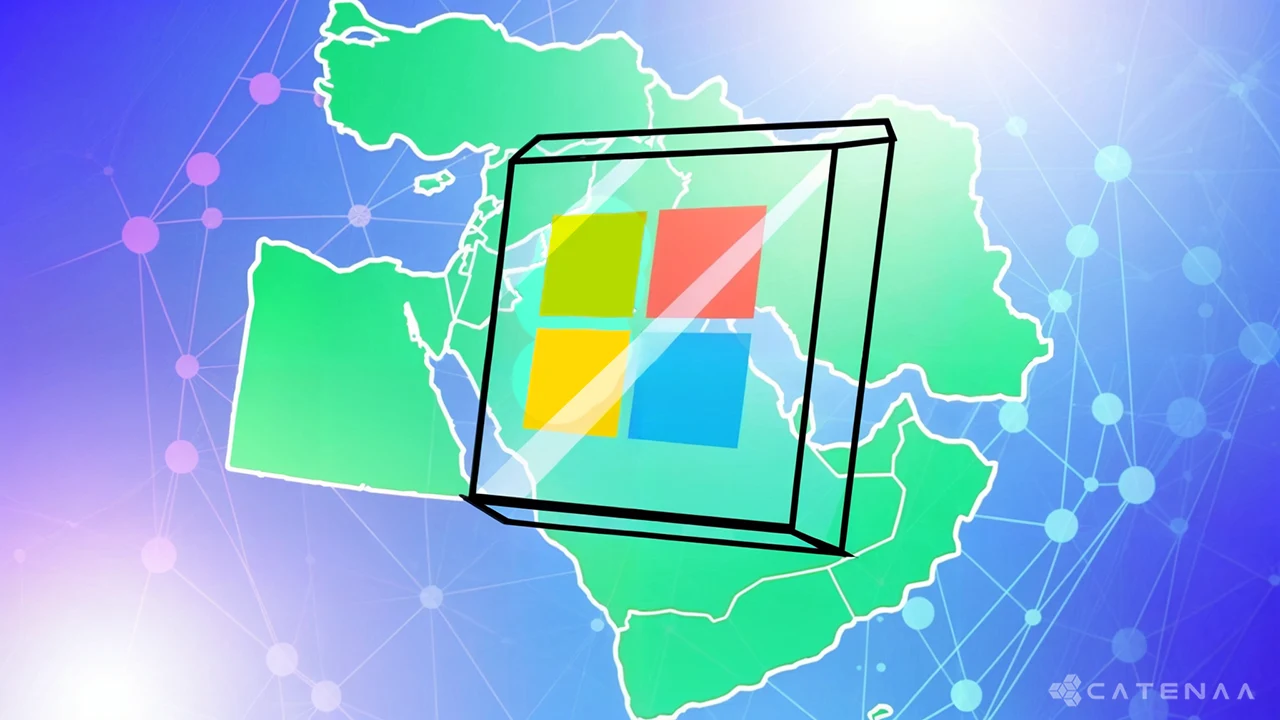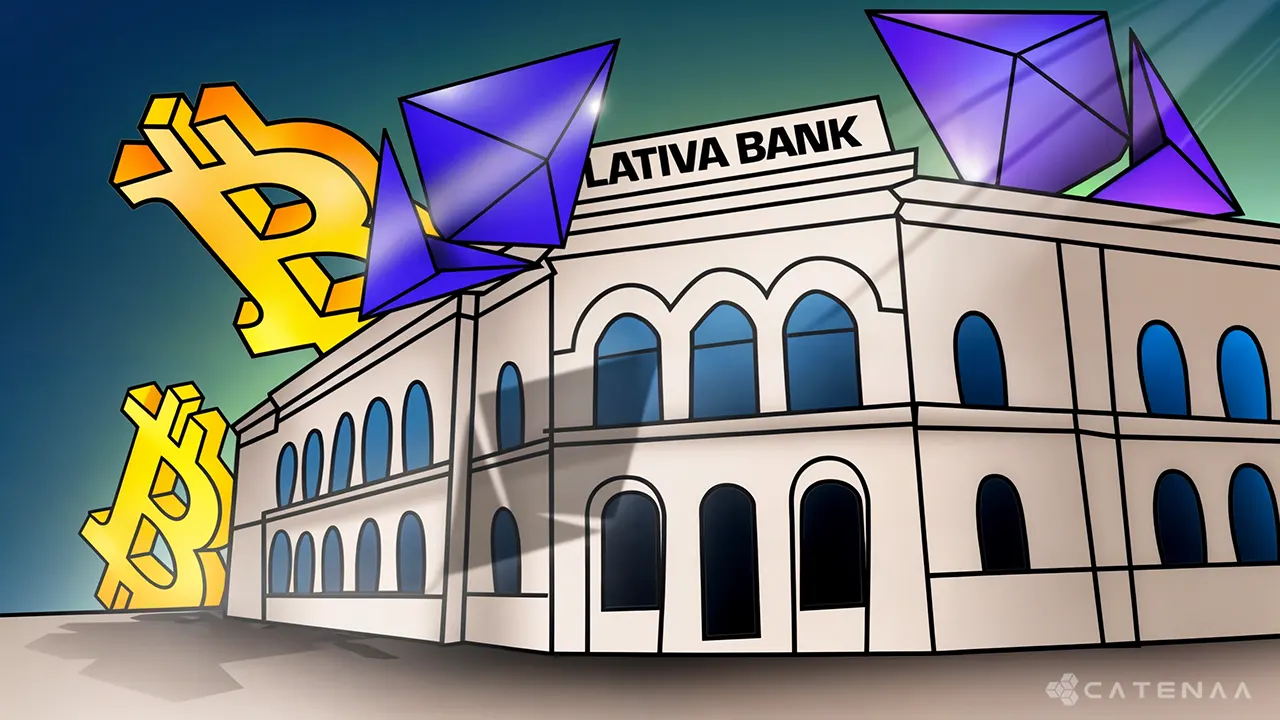SEATTLE, Friday, September 20, 2024 – Microsoft has called for greater transparency regarding US export controls that are delaying the shipment of advanced artificial intelligence (AI) chips to the Middle East.
This issue coincides with Microsoft’s $1.5 billion investment in G42, the leading AI company in the United Arab Emirates (UAE).
According to the Financial Times, Microsoft has requested “clarity and consistency” in U.S. export regulations, which have impeded the delivery of critical AI hardware to G42.
The initial investment aimed to utilize G42 as a gateway to expand into African and Asian markets.
However, US restrictions on exporting AI-specific chips to the Middle East stem from concerns about potential technology leakage to China. These restrictions have thrown a wrench into some of Microsoft’s plans with G42.
Despite these setbacks, Microsoft and G42 announced the establishment of two new research institutes in Abu Dhabi on Tuesday.
The institutes will focus on developing AI systems tailored for the non-Western world, including languages like Arabic and Hindi.
The call for clear export control policies comes amidst ongoing geopolitical developments in the region.
In May 2024, talks between the U.S. and Saudi Arabia regarding a potential pact with Israel gained traction. This potential shift could be driven by Saudi Arabia’s demand for data centers and semiconductors.


